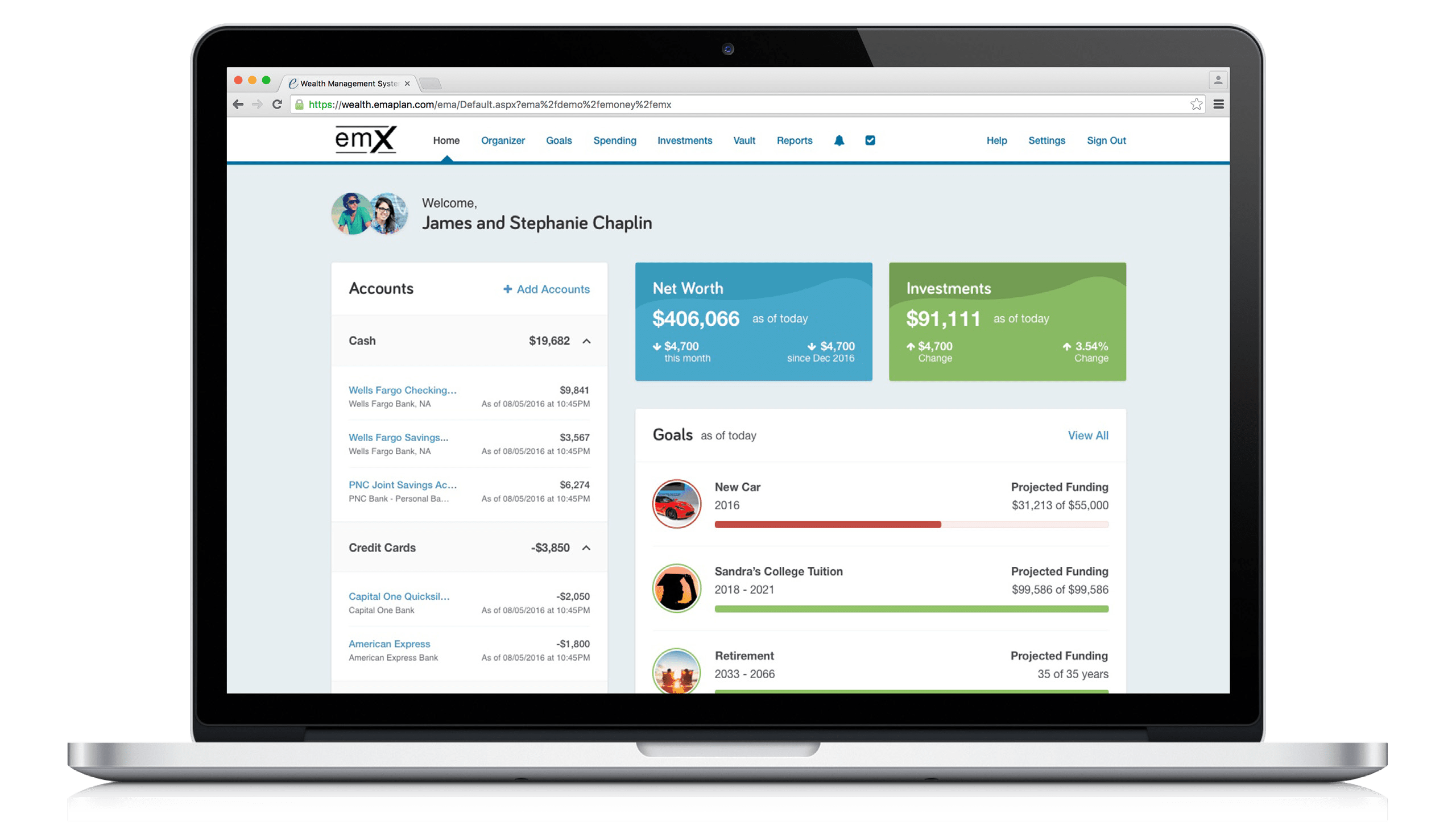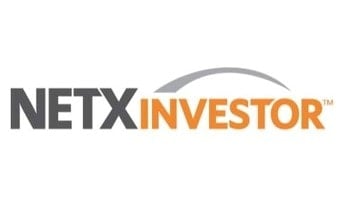Over the past several years, the idea of an investment strategy designed to promote a healthy planet and population has moved from being a niche project into the investing mainstream.
You can invest in funds that align with a variety of environmental and social goals: companies with female CEOs, companies that promote anti-racism, carbon-neutral companies – there are endless possibilities.
So what exactly does “sustainable investing” mean? And how should we define success when the goal is more than simply building wealth? Can we meet environmental or social goals without compromising the fundamentals of prudent – and successful – investment practices?
Today, I want to look at one definition of a “sustainable” investment strategy. Understanding what it is (or can be) is important if you want to consider incorporating such a strategy into your own investment program.
What is Sustainable Investing?
In an increasingly socially aware environment, sustainable investing offers a two-pronged approach to portfolio management, one that weighs both financial and extra-financial impact.
This idea of bringing non-financial goals to the world of investing comes in different forms:
- Environmentally aware investing (“sustainability” falls into this category)
- Socially responsible investing
- Impact investing
- ESG investing (Environmental, Social, Governance)
We’re focusing on “sustainable investing” here, but the letters ESG help lay out the high-level framework upon which the philosophy is built:
- Environmental: How a company impacts the environment, either negatively or positively.
- Social: How a company impacts the people it employs and those it serves. Here, a company may be rated based on diversity, labor standards, or community relations, among other items.
- Governance: How a company is run. This factor may consider executive compensation, illegal activities, labor practices, and more.
Sustainable Investing is Still Investing
Since we use Dimensional Fund Advisors’ funds as foundational components of our portfolios, we were excited to explore DFA’s approach to ESG, and more specifically to sustainability. Like other projects they undertake, DFA’s approach is grounded in sound economics, but with a view toward non-traditional investment goals that is not found in their traditional portfolios. You can think about this in four steps:
1. Start with a Tested and Successful Investment Approach
The foundation of any portfolio strategy still needs to be an investment strategy. In order for a sustainability portfolio to succeed, it must first operate within a proven investment philosophy, adopt clear investment goals, and use a well-defined and successful investment decision process.
2. Understand What Drives Environmental Outcomes
There are dozens of possible non-investment specific outcomes that one can target, and even more possible ways of evaluating social or environmental impact. But which ones really matter? Having too many goals is, unfortunately, like having none. So DFA turned to sustainability experts to learn how they could best evaluate environmental impact. And it turned out that one factor trumped all the others: greenhouse gas emissions.
3. Incorporate Sustainability Criteria into the Investing Process
Armed with that perspective, DFA then focused on how to build a great portfolio by investing in companies that, taken together, have a significantly smaller greenhouse gas emission footprint than a traditional portfolio with similar investment goals.
To be sure, other social and environmental considerations can also play a role in portfolio decisions. Yet the key to the overall success of such a portfolio is an ability to balance a few primary, and clearly understood objectives. The fact is that if you take an extremely “reductive” approach – one that seeks to eliminate every company that does anything you remotely disagree with – you are likely to end up with a poorly performing portfolio. In addition, you won’t be in a position to voice stakeholder concerns with portfolio companies, an activity that can also have positive, long-term outcomes.
4. Deliver Positive and Reliable Outcomes
If ESG funds did not deliver balanced results, few investors would buy them. The ultimate goal of any fund – sustainability-focused or otherwise – is to provide positive long-term results. And in the case of DFA’s Sustainability Core portfolios, the funds deliver comparable results to traditional core equity funds over time. Indeed, during the recent COVID crisis, global Sustainability Core funds delivered results that were actually superior to more traditional approaches. And although we cannot expect or promise that such outperformance will persist, it is good to know that it can and does also occur.
Relative Performance of DFA’s Traditional Core & Sustainability Core Funds
Is Sustainable Investing Right for You?
At Griffin Black, sustainability funds are one of many options available to our clients. Our advisors make recommendations based on your goals and values, and if sustainable investing is important to you, we are happy to help you understand your options. Ultimately, we believe this is a personal choice. There are many ways to support causes and goals you believe in, and those concerns don’t have to be part of your investing strategy. That said, if sustainability is a consideration you’d like to incorporate into your investment program, it’s good to know that you can do so without necessarily sacrificing your fundamental investment goals.
Image by Outflow_Designs from Shutterstock.com



